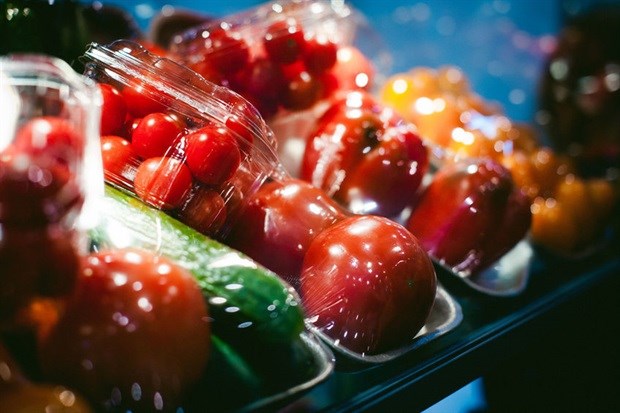Sustainable packaging solutions needed to reduce food waste, scale up trade in Africa

Appropriate packaging has a significant impact on improving food quality and safety, thereby reducing food losses, whilst enhancing the competitiveness of Africa’s agro-enterprises and boosting trade. Furthermore, packaging plays a key role in improving the marketing of produce and is an important part of a strategy to enhance competitiveness of small and medium agro-enterprises (SMAEs). At a regional packaging meeting being held as a prelude to the World Export Development Forum, experts have defined packaging priorities for the continent.
Better packaging, traceability and labelling is necessary to enhance the quality and safety of products, noted Christopher Yaluma, Minister of Commerce, Trade and Industry, in a speech read on his behalf. “New entrepreneurs want to grow businesses that are both profitable and sustainable, reflecting the aspirations of their customers in Africa as well as buyers throughout the world,” he added.
Scaling up packaging solutions
Through a project implemented by FAO and ITC and funded by Industria Macchine Automatiche, industry packaging leaders and experts from several sub-Saharan African countries have come together to make recommendations on how to scale up packaging solutions for the agri-food sector.
Among the significant bottlenecks associated with packaging, African firms and packaging experts cited the lack and high cost of packaging equipment and materials. The also noted the high maintenance and servicing costs, absence of advice to source inputs among others. These challenges were hindering the value chain development and the SMAEs effort to generate income.
George Okech, FAO representative in Zambia, noted that poor packaging is one of the key constraints facing small and medium agro-enterprises, who in aggregate manufacture the bulk of locally processed food products on the continent. “Improving packaging systems will contribute to strengthening the entire food supply chain, improve the competitiveness of these enterprises and benefit all food chain actors and consumers,” he said.
Among proposed solutions are options for shared service centres, quality management and branding training for small firms, access to relevant digital printing technologies, and access to packaging-related market information.
Mitigating packaging constraints
To reducing the overall environmental impact of food packaging systems, the continent should also take into account the environmental impact of the packaging material itself.
The ITC deputy executive director, Dorothy Tembo, noted that packaging is recently hitting the headlines for the wrong reasons. Its contribution to pollution was leading to very negative consumer reactions, particularly to single-use, non-recyclable plastics.
“Production lines can be adapted at minimal cost to reduce waste, pollution and your carbon footprint, whilst improving overall profitability and the attractiveness of your products. African enterprises must lead in green packaging for Africa to keep its natural environment whilst bolstering opportunities for its people”, she said.
The workshop recommended the urgent need for: facilities to test new packaging designs, information platforms to inform processors about available materials and equipment, and advisory support services to help enterprises adapt production and product design to reduce costs, waste and pollution. Also, the meeting advocated for the need to attract investors to develop scalable and recyclable packaging manufacturing facilities.

















